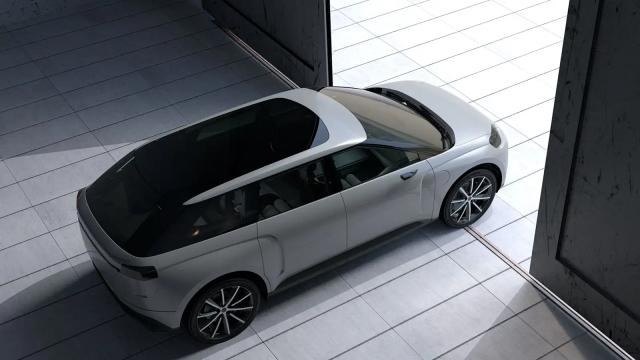For a while, it seemed like a new electric vehicle startup launched to smite down Tesla almost every week. But, in the years since the debut of the Dyson car and companies like Sono, Tesla remains the EV sales king. While legacy automakers have hopped on the electric bandwagon, we aren’t awash with fledgling electric car companies.
And that got us thinking: just what happened to some of the highest flying EV startups that have come to the fore in recent years? Well, on the whole, it’s not good news. So we trawled through the archives of 15 of the most promising EV makers to find out where they are now.
As you’d expect, it’s an onslaught of broken promises, delayed launches and never-ending crowdfunding campaigns. So sit back, relax and traverse memory lane with us as we recount the history of 15 EV startups that never quite made it.
Bright Automotive
Started: 2008
Founded in 2008, Bright Automotive was formed by a bunch of former GM, Chrysler and Toyota execs who wanted to create a range of electric models, as well as super-fuel-efficient gas-powered cars.
Despite collecting more than $US17 million in funding and unveiling a plug-in hybrid concept, the company never really made it off the ground. By 2012, it had folded, and its plans to build 50,000 units per year were left in tatters.

Aptera
Started: 2005
When it first launched, Aptera Motors had the dream of creating a three-wheeled vehicle that could manage more than 531 km per gallon, which is mighty impressive. But, by the late naughties, the company had pivoted to focus on EVs.
Despite convincing 4,000 people to each put down a $US500 deposit to buy one of its electric concepts, the company soon ran out of cash and folded in 2011. Now, the name has been revived and is once again on the lookout for funding to begin building electric models.
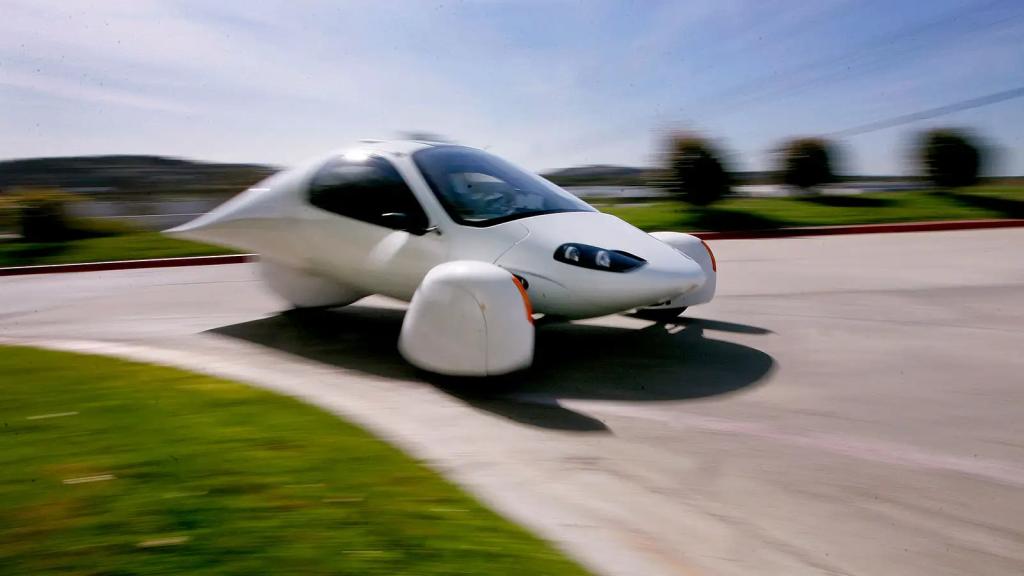
Coda Automotive
Started: 2009
This LA-based startup was focussed on innovation in the battery tech that could power the electric cars of the future. However, it soon saw the opportunities to be had with an EV and unveiled a battery-powered sedan of its own.
However, the design never caught on, and its 142 km range proved tricky to sell. As such, it was running low on cash by 2013 and was forced to shut up shop within three years.

Detroit Electric
Started: 2008
Not to be confused with the early 20th-century marque that managed to build more than 15,000 EVs, Detroit Electric was a revival of that nameplate back in 2008. The new venture promised a battery-powered sports car that would rival the original Tesla Roadster. But despite backing from the Lotus Engineering Group, the concept never made it into the real world and the company has been silent ever since.

Fisker Automotive
Started: 2007
Now, Fisker Inc might be preparing to launch its Ocean SUV in the U.S., but Fisker Automotive has a much rockier history when it comes to EV launches.
The company was founded in 2007 by designer Henrik Fisker, who had a dream to create a luxurious electric grand tourer. But sales of the Fisker Karma EV were plagued with production delays and missed deadlines. Sales of the car were suspended in 2012, and, in 2014, its assets and designs were sold off to Chinese auto parts conglomerate Wanxiang Group.
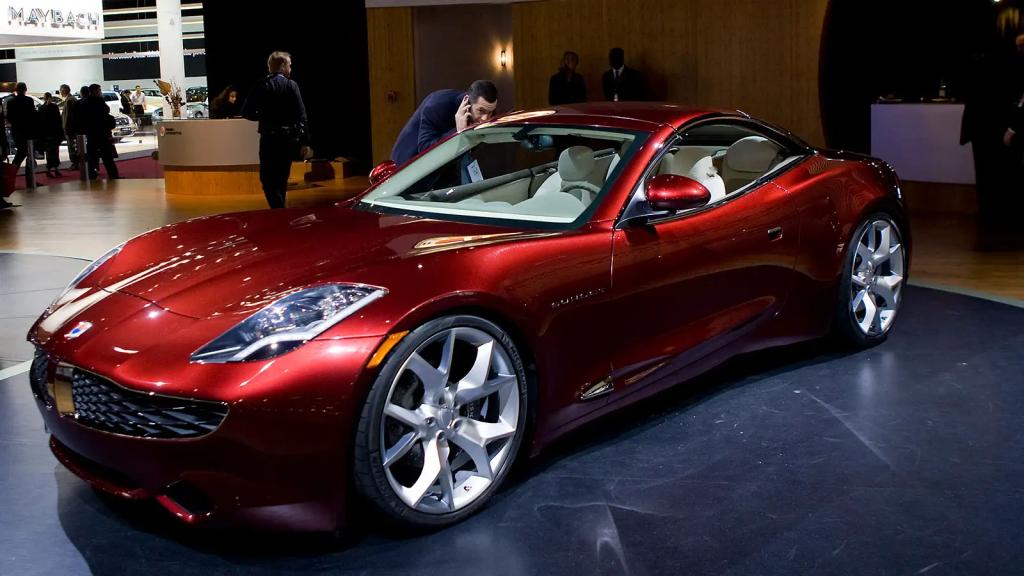
Lightning Car Company
Started: 2007
Another company looking to break into the luxury EV space was British startup Lighting. In 2007, the automaker wowed onlookers with its Lightning GT concept, which promised more than 400 HP and a top speed of more than 298 km/h. But after first going on display in 2008 and again in 2014, little has been heard from the fledgling automaker since.
And now, with a website that hasn’t been updated since 2019, the state of this company is anybody’s guess.

LeEco
Started: 2011
An offshoot of Chinese conglomerate Le Holdings, LeEco launched its first car concept back in 2016. Back then, the LeSee concept EV promised self-driving capabilities and a sleek design, LeEco also said it was eyeing a factory in Nevada in which to build the new car.
But seven years and a few billion dollars later, the LeSee is no closer to getting out on the highway and the Nevada site, which would have been shared with Faraday Future looks on rocky ground.

Faraday Future
Started: 2014
And speaking of Faraday Future, how are they doing? Well, with backing from the same Chinese businesses that funded the LeEco outfit, Faraday is off to an equally rocky start. After backing out of plans for a Nevada plant, the company now hopes to build its models at a repurposed Pirelli factory in California.
Now, after nine years and countless setbacks, the company just unveiled its most expensive car to date. But it is yet to actually put a model into production or deliver a single customer car.

Sono Motors
Started: 2016
One of the more recent EV failures was Sono Motors, which got so close to reality that car writers even got to sit behind the wheel of its solar-powered concept. However, the German outfit was hit with financial issues and was forced to kill off its solar car division earlier this year. It later announced that it would shift its focus to creating solar panels that could fit commercial vehicles, instead of building its own EVs.

Dyson EV
Started: 2016
Everyone’s favourite vacuum cleaner manufacturer Dyson took a crack at building its own electric car over the past few years. The British outfit plowed $US500 million into the project, which it claimed would have resulted in a “fantastic car.”
However, before it could even show off a concept, the bagless vacuum cleaner extraordinaire announced it was canning the project after it failed to find a buyer to continue its vision. The car you see below was actually showcased after the project was killed, presumably as some kind of reminder to James Dyson and his staff.

Nikola
Started: 2014
Nikola Motors can be filed away with Faraday Futures in the box of EV startups that just won’t die. Since its foundation in 2014, the electric truck manufacturer has unveiled seven different concept vehicles but has yet to managed mass production of any of them.
Along the way, the company has also been riddled with fraud allegations off the back of its listing on the stock market in 2020. As a result of such allegation, company founder and former CEO Trevor Milton was indicted and charged with three counts of criminal fraud.
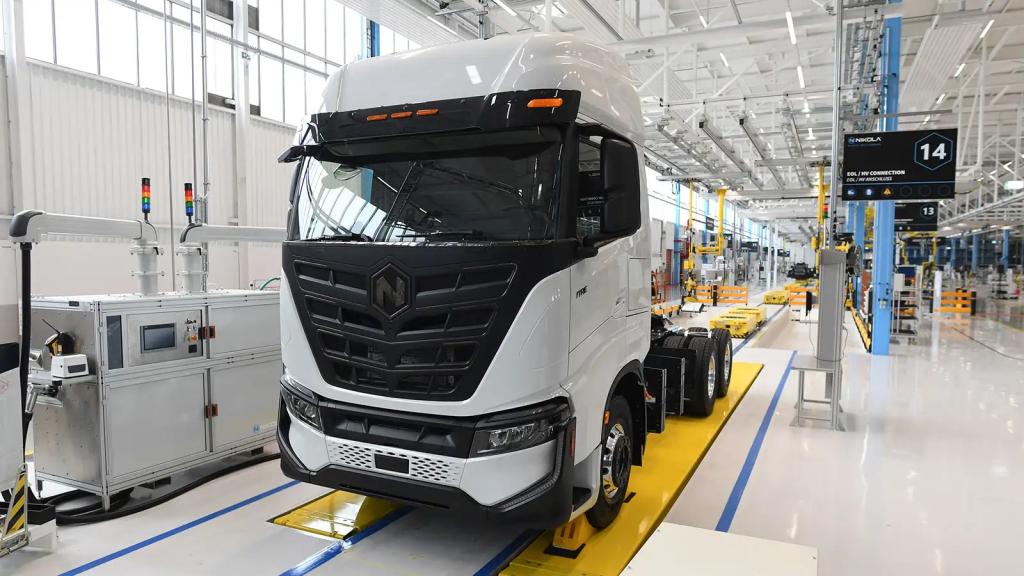
Think Global
Started: 1991
A much earlier entry into the EV space was Think Global. Formed in 1991, the startup was soon acquired by Ford, which purchased a 51 per cent stake in the European company. Over 20 years, the company built 2,500 models that were sold under its TH!NK brand, including the commuter-focussed TH!NK City.
But maybe the automaker was ahead of tis time, as it ran into struggles in 2003 after Ford sold its shares in the company. It struggled on until 2011, when it filed for bankruptcy.
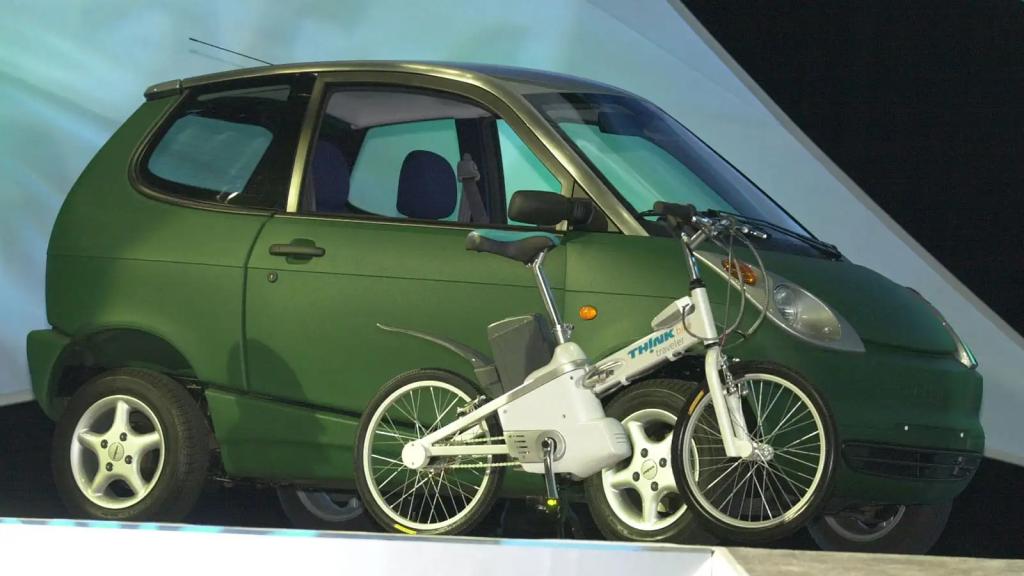
Canoo
Started: 2017
Another EV startup clinging on for dear life is Canoo, whose CEO announced last year that claims of the company’s demise were “greatly exaggerated,” despite its own accountants saying there was “substantial doubt about the Company’s ability to continue.”
But before things went south for the startup, its future was looking bright. The company was picked by Nasa to create transport for its astronauts in the Artemis mission, and it’s EV van concepts were pretty damn cute. Now, we just have to wait and see whether the company boss or its accountants have a better vision for its future.

Electric Last Mile
Started: 2021
Formed through Special Purpose Acquisition Order in 2021, Electric Last mile Solutions hoped to market a range of battery-powered vans for commercial users in city centres. However, the acquisition didn’t go to plan and the company’s value soon began plummeting.
By 2022, the writing was on the wall for Electric Last Mile, and it announced it was filing for bankruptcy in June of that year.

Lordstown Motors
Started: 2018
Lordstown Motors is yet another company that simply won’t die. Founded five years ago in Lordstown, Ohio, this EV startup wanted to take on the electric pickup segment. Since unveiling its prototype, the Endurance pickup truck has been in production, then out of production and is seemingly all over the place.
Now, Lordstown says it has finished 31 electric pickup trucks, but quality issues mean deliveries are back on hold for the fledgling company.
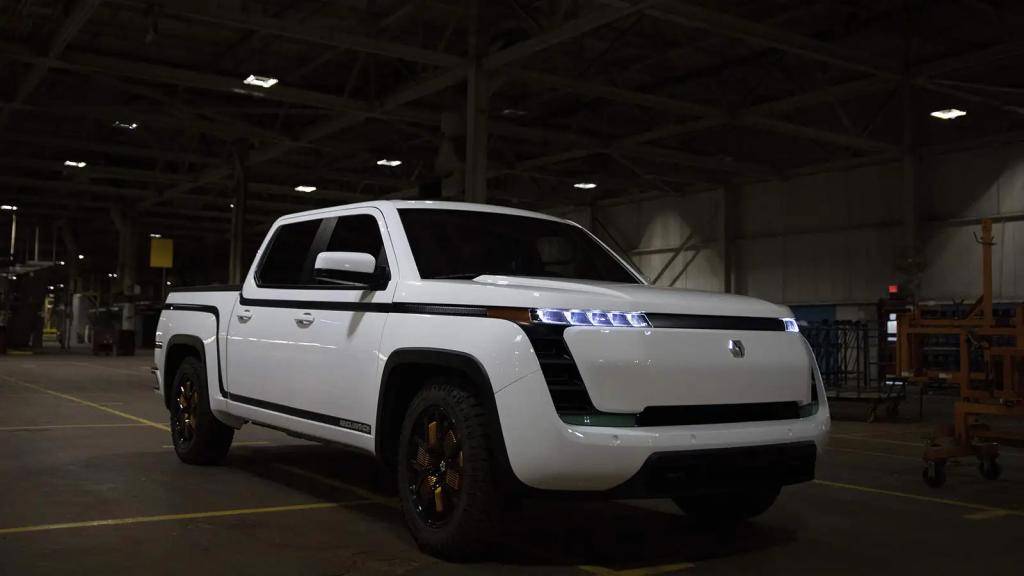
Want more Aussie car news? Here’s every EV we’ve reviewed in the last two years, all the EVs we can expect down under soon, and our guide to finding EV chargers across the country. Check out our dedicated Cars tab for more.
